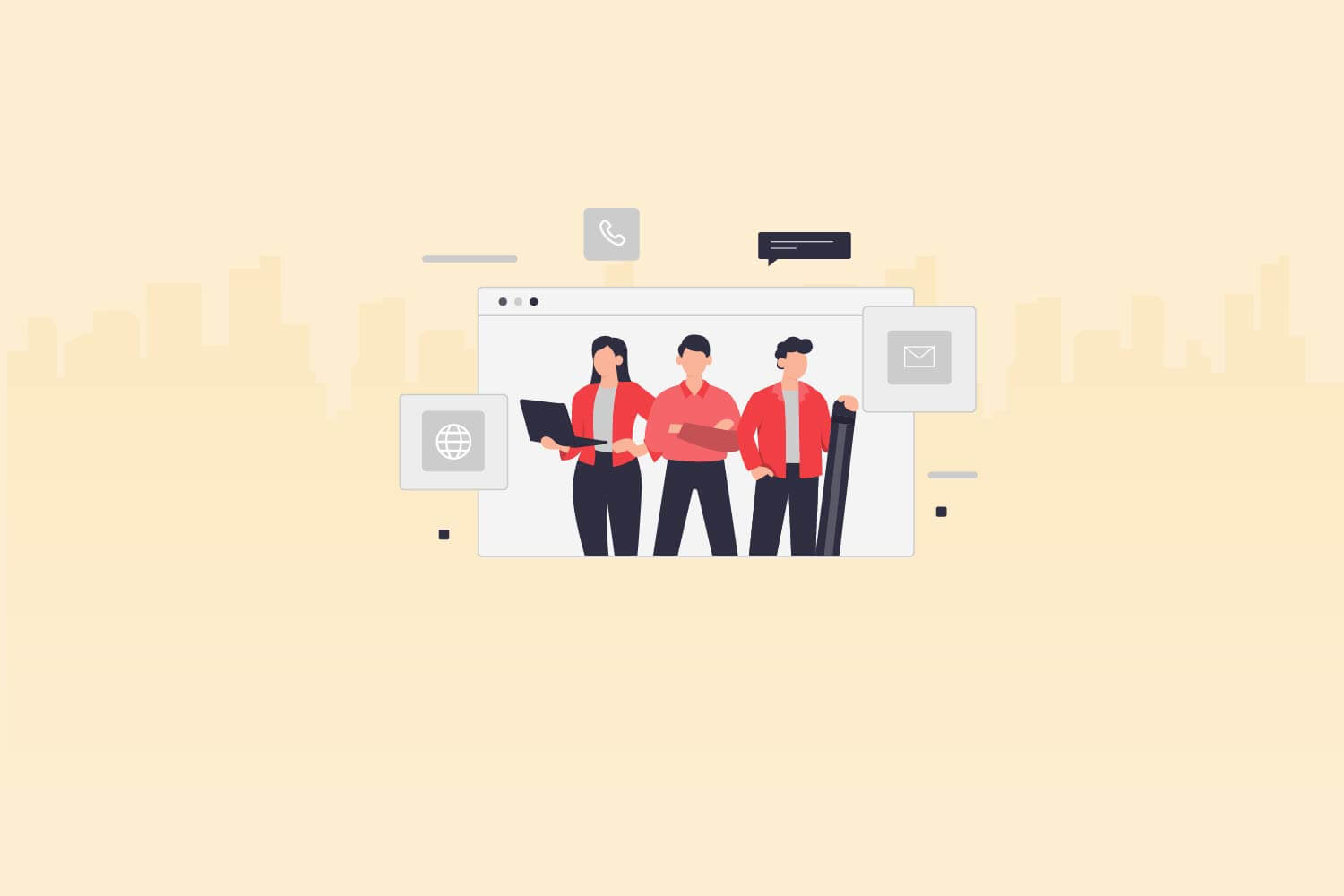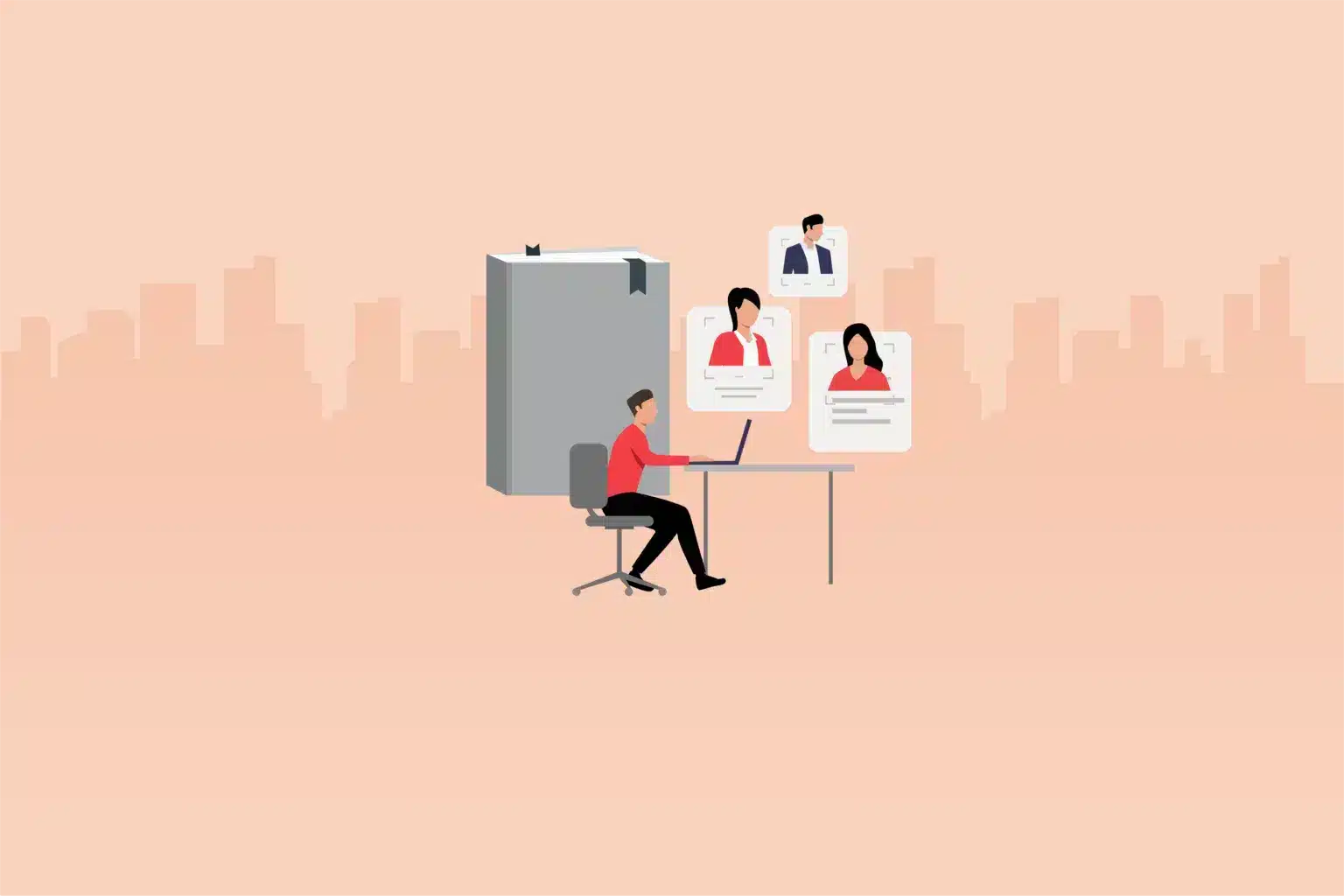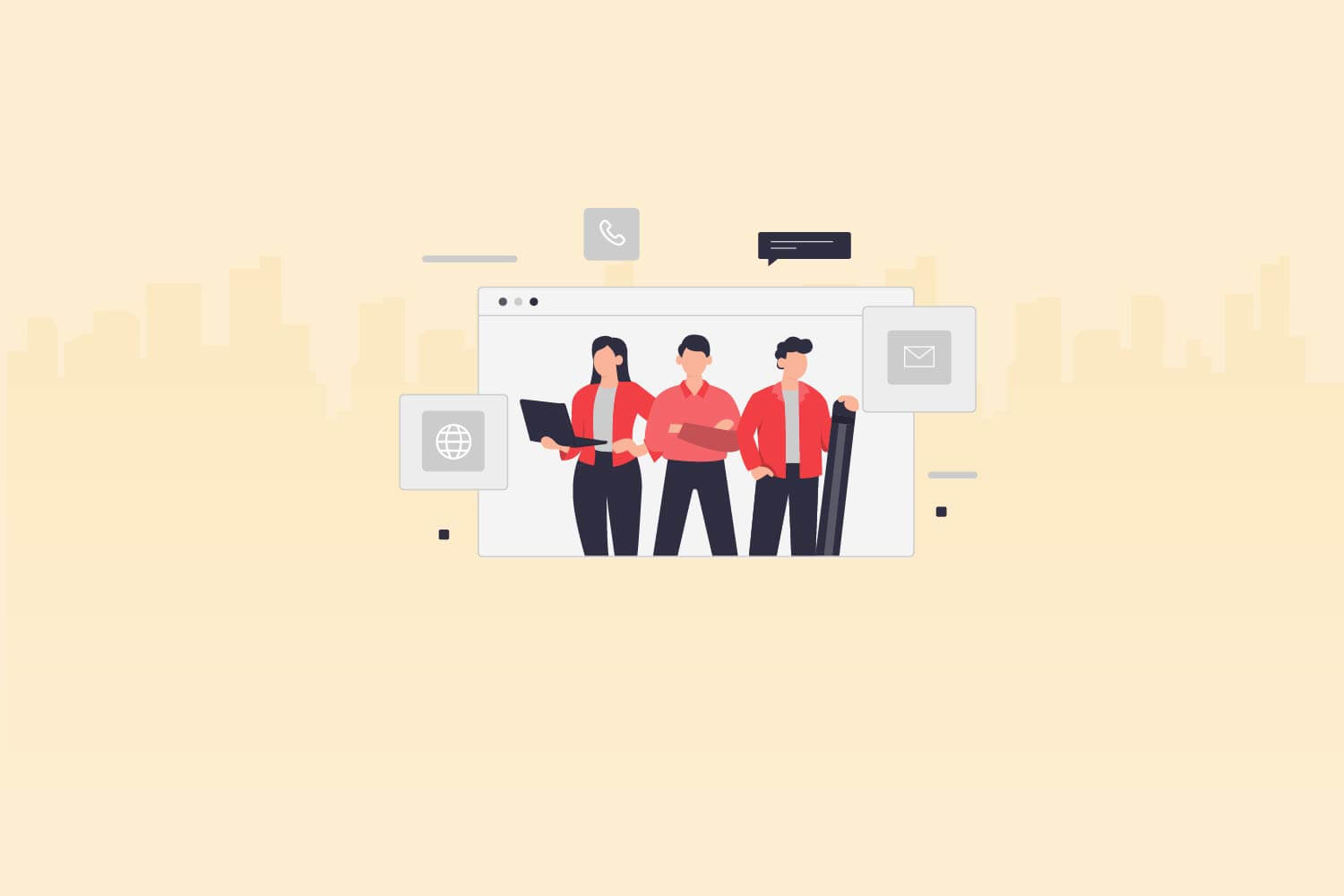The landscape of recruiting Copy Editors have witnessed a remarkable shift in recent years, reflecting the evolving demands of the digital era. With the proliferation of online content and the continuous growth of digital platforms, the need for skilled and efficient Copy Editors has become increasingly crucial.
According to analytics, organizations across various industries are placing greater emphasis on hiring Copy Editors to ensure the accuracy, consistency, and clarity of their written materials. In this dynamic landscape, HR professionals and CXOs play a pivotal role in identifying and securing top-notch Copy Editors who possess not only exceptional language skills but also a keen eye for detail and a deep understanding of various writing styles and guidelines. As the competition for exceptional talent intensifies, HR professionals and CXOs must adapt their recruitment strategies to attract and retain the best Copy Editors who can elevate their brand’s communication to new heights.
Here are the top 60 Copy Editor interview questions to ask job applicants:
15 general interview questions for the Copy Editor
- Can you walk us through your experience as a Copy Editor and the types of projects or content you have worked on?
- How do you ensure accuracy and consistency in your editing process?
- What editing tools or software do you prefer to use, and why?
- How do you stay updated with the latest writing style guides and industry trends?
- Can you describe a challenging editing project you have encountered and how you successfully addressed it?
- How do you handle tight deadlines without compromising the quality of your work?
- What strategies do you employ to maintain a high level of attention to detail in your editing?
- How do you approach working with authors or writers to maintain their voices while ensuring clarity and coherence?
- Have you ever had to deal with conflicting feedback or differing opinions from stakeholders regarding editing choices? How did you navigate such situations?
- Can you share an example of when you provided constructive feedback to a writer, and how it improved the final piece?
- How do you handle sensitive or controversial content when editing, ensuring accuracy and neutrality?
- What steps do you take to familiarize yourself with the subject matter before editing content in a specific industry or niche?
- Are you comfortable working with different content formats, such as blog posts, articles, marketing materials, or technical documents?
- How do you prioritize and manage multiple editing projects simultaneously?
- What do you consider to be the essential qualities of a successful Copy Editor, and how do you embody these qualities in your work?
5 sample answers to general interview questions for the Copy Editor
- Can you walk us through your experience as a Copy Editor and the types of projects or content you have worked on?
Look for: Look for candidates who have experience in a variety of editing projects and demonstrate versatility in different types of content.
Example answer: “Throughout my career as a Copy Editor, I have worked on a diverse range of projects, including editing articles, blog posts, marketing materials, and technical documents. I have experience editing for different industries, such as healthcare, technology, and finance, which has allowed me to adapt my editing style to suit various target audiences and writing styles.”
- How do you ensure accuracy and consistency in your editing process?
Look for: Look for candidates who have a systematic approach to editing, pay attention to detail, and employ proofreading techniques.
Example answer: “To ensure accuracy and consistency, I follow a structured editing process. I meticulously review the content for grammar, spelling, punctuation, and adherence to style guides. I also cross-reference facts, verify sources, and fact-check when necessary. Additionally, I use editing tools and software to assist with consistency in formatting, word usage, and style preferences.”
- How do you handle tight deadlines without compromising the quality of your work?
Look for: Look for candidates who can effectively manage time, prioritize tasks, and maintain high-quality standards under pressure.
Example answer: “When faced with tight deadlines, I first assess the scope of the project and break it down into manageable tasks. I prioritize based on urgency and allocate appropriate time for each editing phase. I remain focused and organized, ensuring that I devote enough time to thorough editing and proofreading. If needed, I communicate with the team to negotiate realistic deadlines without compromising the quality of the final deliverables.”
- How do you approach working with authors or writers to maintain their voices while ensuring clarity and coherence?
Look for: Look for candidates who can strike a balance between preserving the author’s voice and enhancing the readability and effectiveness of the content.
Example answer: “When collaborating with authors or writers, I prioritize maintaining their unique voice while ensuring clarity and coherence. I begin by thoroughly understanding the author’s style, tone, and intended message. Through effective communication, I provide constructive suggestions and alternative phrasing that align with their voice, enhancing the overall readability and impact of the content. It’s crucial to maintain a collaborative approach and seek input from the author to ensure their satisfaction with the final result.”
- How do you handle conflicting feedback or differing opinions from stakeholders regarding editing choices? How did you navigate such situations?
Look for: Look for candidates who can demonstrate diplomacy, open-mindedness, and the ability to find solutions that satisfy various stakeholders.
Example answer: “Conflicting feedback or differing opinions from stakeholders can be a common occurrence. In such situations, I maintain open lines of communication and actively listen to the concerns and preferences of each stakeholder. I approach the discussions with diplomacy, providing a rationale for my editing choices and seeking common ground. If necessary, I propose alternative solutions or compromises that align with the project’s objectives and maintain the integrity of the content. Ultimately, my goal is to find a solution that satisfies all parties involved.”
15 behavioral interview questions for a Copy Editor
- Tell me about a time when you discovered a significant error in a piece of content you were editing. How did you handle it?
- Describe a situation where you had to work with a challenging author or writer. How did you navigate the relationship and ensure a successful outcome?
- Can you share an example of a time when you had to edit the content on a highly technical subject that required extensive research and understanding? How did you approach it?
- Tell me about a time when you had to meet a tight deadline for editing multiple pieces of content simultaneously. How did you manage your time and ensure quality work?
- Describe a situation where you received feedback on your editing that you initially disagreed with. How did you handle the feedback and incorporate it into your work?
- Can you recall a time when you encountered a conflict between adhering to a specific style guide and maintaining the author’s unique voice? How did you resolve it?
- Tell me about a project where you had to edit content for different platforms, such as print and digital. How did you ensure consistency across these formats?
- Describe a time when you had to edit a piece of content with limited information or incomplete details. How did you handle the situation to ensure accuracy?
- Can you share an example of a time when you had to edit content that contained sensitive or controversial subject matter? How did you approach it to maintain neutrality and professionalism?
- Tell me about a situation where you identified an opportunity to improve the editing process or streamline workflows. How did you implement the change, and what was the result?
- Describe a time when you had to edit content for a diverse audience with varying levels of subject matter expertise. How did you ensure clarity and accessibility without oversimplifying or alienating the readers?
- Can you recall a project where you had to collaborate with a team of writers and editors to achieve a cohesive final product? How did you contribute to the collaborative editing process?
- Tell me about a time when you had to edit the content that required adapting to a specific brand voice or tone. How did you approach it to maintain consistency while meeting the brand’s guidelines?
- Describe a situation where you had to edit the content that was originally written in a language other than your native language. How did you handle the translation and ensure accurate and effective communication?
- Can you share an example of a time when you provided constructive feedback to a writer that significantly improved the quality of their work? How did you approach the feedback discussion?
5 sample answers to behavioral interview questions for the Copy Editor
- Tell me about a time when you discovered a significant error in a piece of content you were editing. How did you handle it?
Look for: Look for candidates who demonstrate attention to detail, proactive problem-solving, and effective communication skills.
Example answer: “During a recent editing project, I discovered a critical factual error in an article just before it was scheduled for publication. I immediately flagged the issue to the writer and the editorial team, providing them with accurate information and suggesting revisions. I remained calm and focused, offering a solution rather than dwelling on the mistake. The team appreciated my diligence and prompt action, and we were able to rectify the error before it reached the readers.”
- Describe a situation where you had to work with a challenging author or writer. How did you navigate the relationship and ensure a successful outcome?
Look for: Look for candidates who can demonstrate effective communication, collaboration, and adaptability in working with difficult personalities.
Example answer: “In a previous project, I encountered a challenging author who was resistant to any changes or suggestions to their writing. To navigate the relationship, I invested time in understanding their perspective and building rapport. I approached our discussions with empathy and patience, explaining the reasoning behind the suggested edits and how they would enhance the overall quality of the content. By finding common ground and focusing on the shared goal of delivering exceptional work, I was able to establish trust and successfully collaborate with the author.”
- Can you share an example of a time when you had to edit the content on a highly technical subject that required extensive research and understanding? How did you approach it?
Look for: Look for candidates who demonstrate a proactive attitude, research skills, and the ability to grasp complex subjects.
Example answer: “I once had the opportunity to edit content related to blockchain technology, which required a deep understanding of the subject matter. To approach it effectively, I conducted thorough research to familiarize myself with the underlying concepts, terminology, and current trends. I consulted subject matter experts and utilized reputable sources to ensure accuracy. By immersing myself in the topic, I was able to edit the content with precision, maintaining technical accuracy while ensuring readability for the intended audience.”
- Tell me about a time when you had to meet a tight deadline for editing multiple pieces of content simultaneously. How did you manage your time and ensure quality work?
Look for: Look for candidates who can demonstrate effective time management, prioritization, and quality assurance skills.
Example answer: “In a fast-paced project, I was responsible for editing multiple articles within a tight timeframe. To manage my time effectively, I created a schedule, allocating specific time slots for each task. I prioritized the pieces based on urgency and complexity. While editing, I employed efficient proofreading techniques and utilized editing tools to streamline the process without compromising quality. By staying organized, focused, and adhering to the schedule, I successfully met the deadline and delivered high-quality edited content.”
- Describe a situation where you received feedback on your editing that you initially disagreed with. How did you handle the feedback and incorporate it into your work?
Look for: Look for candidates who demonstrate openness to feedback, adaptability, and the ability to find a balance between their expertise and the preferences of stakeholders.
Example answer: “In a recent editing project, a stakeholder provided feedback on my suggested changes, expressing a preference for a different writing style that I initially disagreed with. Instead of dismissing the feedback, I approached the stakeholder for clarification and a deeper understanding of their expectations. I maintained open lines of communication, explaining my reasoning behind the suggested edits and the potential impact on the overall clarity and effectiveness of the content. Through constructive dialogue, we reached a compromise that satisfied both the stakeholder’s preferences and the fundamental principles of effective copy editing.”
15 personality interview questions for the Copy Editor
- How do you handle constructive criticism and feedback on your work?
- Describe a situation where you had to work independently for an extended period. How did you stay motivated and organized?
- Can you tell me about a time when you had to make a difficult editorial decision? How did you navigate it?
- How do you manage stress and pressure in a fast-paced editing environment?
- Describe a project where you had to adapt to sudden changes in priorities or requirements. How did you handle it?
- How do you stay up to date with current language and writing trends?
- Tell me about a time when you had to handle multiple projects with competing deadlines. How did you prioritize and manage your workload?
- How do you handle situations where you encounter a lack of clarity or information in the content you are editing?
- Can you share an example of a time when you had to work with a difficult or challenging colleague? How did you handle the situation?
- How do you ensure consistency in editing while still respecting the individuality and unique voice of different authors?
- Describe a situation where you had to collaborate with a team of writers or editors to achieve a shared goal. How did you contribute to the team’s success?
- How do you approach editing for different platforms, such as print, web, or social media?
- Can you share an example of a time when you had to explain complex editing concepts or grammar rules to someone with limited knowledge in the subject? How did you ensure effective communication?
- Describe a project where you had to balance the need for accuracy with the need for creativity or engaging writing. How did you find a balance?
- How do you ensure your editing remains objective and unbiased, especially when dealing with sensitive or controversial topics?
5 sample answers to personality interview questions for Copy Editor
- How do you handle feedback or criticism about your work?
Look for: Look for candidates who demonstrate openness to feedback, the ability to receive constructive criticism positively, and a willingness to learn and improve.
Example answer: “I believe feedback is essential for personal and professional growth. When receiving feedback or criticism about my work, I maintain an open mindset and actively listen to understand the perspective. I don’t take it personally but instead, view it as an opportunity to improve. I ask clarifying questions to gain a deeper understanding of the feedback and seek specific examples or suggestions for improvement. I appreciate constructive criticism as it helps me refine my editing skills and deliver even better results in the future.”
- How do you handle working under pressure or tight deadlines?
Look for: Look for candidates who can remain calm, organized, and focused when working under pressure, and who can effectively manage their time to meet deadlines without compromising quality.
Example answer: “Working under pressure or tight deadlines is a common occurrence in the role of a Copy Editor. I thrive in such situations by staying organized and maintaining a clear focus on priorities. I break down tasks into manageable segments, establish a timeline, and allocate sufficient time for editing, proofreading, and revisions. I also communicate proactively with the team, ensuring that everyone is aware of the timeline and any potential challenges. By maintaining a calm and composed demeanor, I can deliver high-quality work within the given time constraints.”
- How do you handle repetitive or monotonous tasks that are a part of the editing process?
Look for: Look for candidates who demonstrate attention to detail, patience, and the ability to stay motivated even during repetitive tasks.
Example answer: “Editing inherently involves repetitive tasks, such as reviewing grammar, spelling, and formatting. To stay motivated, I approach each task with a keen eye for detail and a commitment to excellence. I remind myself of the importance of these tasks in ensuring the accuracy and clarity of the final content. Additionally, I seek opportunities to learn and grow during these tasks, such as familiarizing myself with industry-specific terminology or refining my knowledge of style guides. I find satisfaction in knowing that my attention to detail contributes to the overall quality of the content.”
- How do you handle situations where you encounter conflicting opinions or suggestions from multiple stakeholders?
Look for: Look for candidates who can navigate conflicts diplomatically, listen to various perspectives, and find common ground to reach a resolution.
Example answer: “Conflicting opinions and suggestions are not uncommon in the editing process, particularly when working with multiple stakeholders. In such situations, I actively listen to each stakeholder’s viewpoint and seek to understand their underlying concerns. I approach discussions with diplomacy, acknowledging the value of different perspectives. I then propose potential solutions that consider the interests and objectives of all parties involved. By fostering open communication, I strive to find common ground and facilitate collaborative decision-making to achieve the best possible outcome for the project.”
- How do you stay updated with the latest industry trends and writing styles?
Look for: Look for candidates who demonstrate a proactive approach to learning, continuous professional development, and a commitment to staying current in the field of editing.
Example answer: “Staying updated with industry trends and writing styles is essential for a Copy Editor. I allocate time for professional development by regularly reading industry publications, subscribing to relevant newsletters or blogs, and participating in online forums or professional networks. I also take advantage of webinars, workshops, and conferences to enhance my knowledge and skills. Additionally, I actively seek feedback and suggestions from colleagues, writers, and clients, which allows me to stay attuned to their changing preferences and adapt my editing approach accordingly.”
When should you use skill assessments in your hiring process for Copy Editor?
Skill assessments should be used in the hiring process for Copy Editors to evaluate the candidates’ proficiency and competence in key areas of the role. Assessments provide objective measures of an applicant’s skills, allowing hiring managers to make informed decisions based on tangible evidence. By incorporating skill assessments, organizations can ensure that the selected candidate possesses the necessary abilities to excel in the role and meet the demands of the position.
Assessments are important because they provide a standardized and fair evaluation of candidates’ skills, allowing for an unbiased comparison among applicants. They help identify candidates who possess strong grammar, spelling, punctuation, and writing skills, which are essential for Copy Editors. Additionally, assessments can gauge the candidates’ ability to follow style guides, maintain consistency, and demonstrate attention to detail.
Various assessments can be used to evaluate the skills of Copy Editors. Some commonly employed assessments include editing tests, where candidates are given a sample text to edit for errors, consistency, and clarity. These tests assess the candidates’ grammar knowledge, editing proficiency, and attention to detail. Another type of assessment is a writing sample, where candidates are asked to produce a short piece of writing, allowing hiring managers to assess their overall writing abilities, style, and coherence.
Overall, incorporating skill assessments in the hiring process for Copy Editors provides a reliable means to evaluate candidates’ capabilities, ensuring that the selected individual possesses the necessary skills to excel in the role and contribute to the organization’s communication and content quality.
Use our interview questions and skill tests to hire a talented Copy Editor
Unlock the potential of your hiring process with Testlify’s comprehensive skill assessments and interview questions specifically designed for Copy Editor.
Our extensive test library offers a wide range of assessments, including cognitive function, personality, situational judgment, programming, and more. By leveraging these assessments, you can objectively evaluate candidates’ abilities, ensuring you shortlist the most talented individuals efficiently.
To further enhance your hiring process, we invite you to book a free 30-minute live demo. Our expert team will guide you through the platform, showcasing relevant skill tests tailored to your hiring needs. With our support, you can streamline candidate selection, saving valuable time and resources.
Ready to find the perfect fit for your Copy Editor role? Testlify provides the tools you need to make informed hiring decisions. Explore our skill assessments and interview questions today to uncover exceptional talent for your team.








